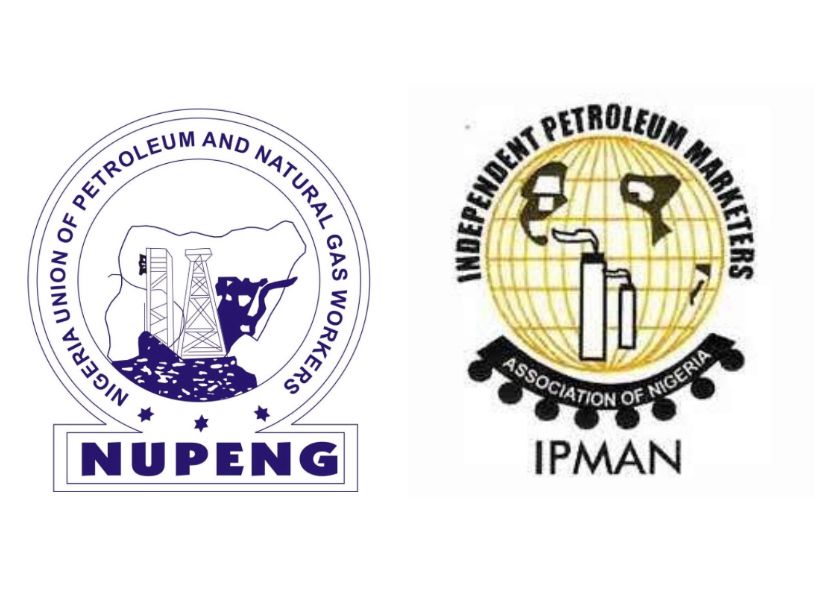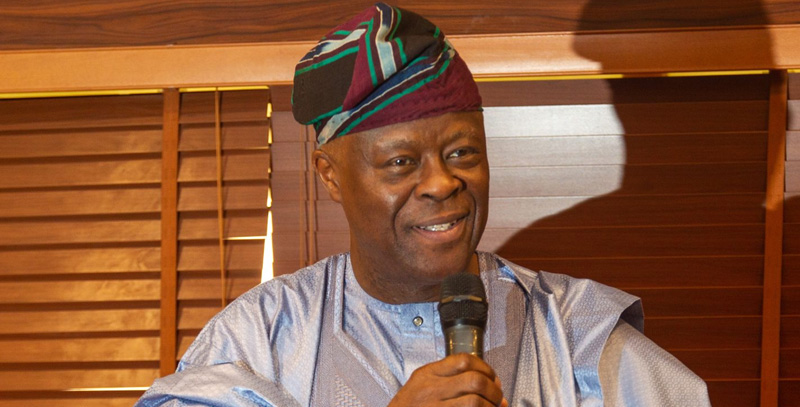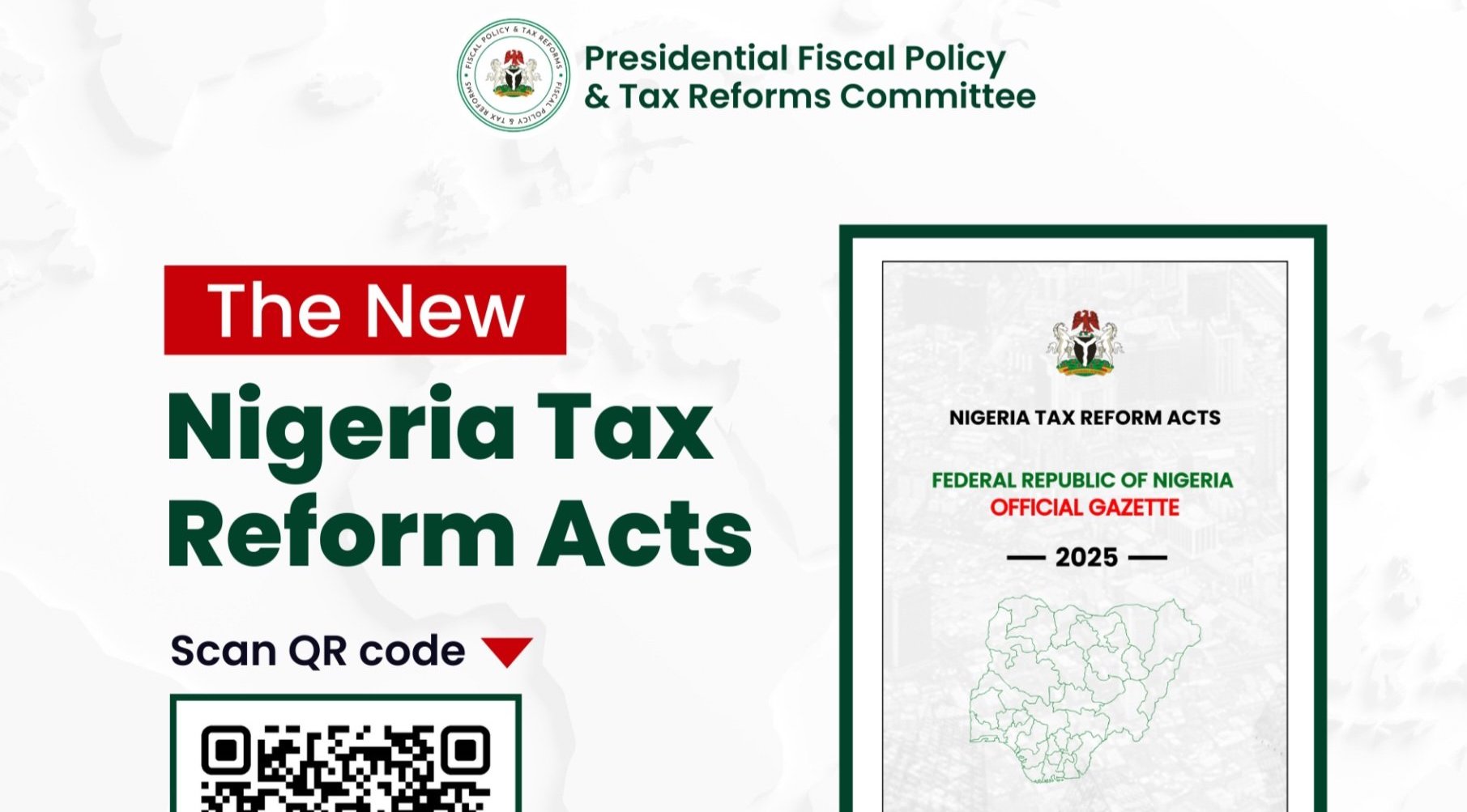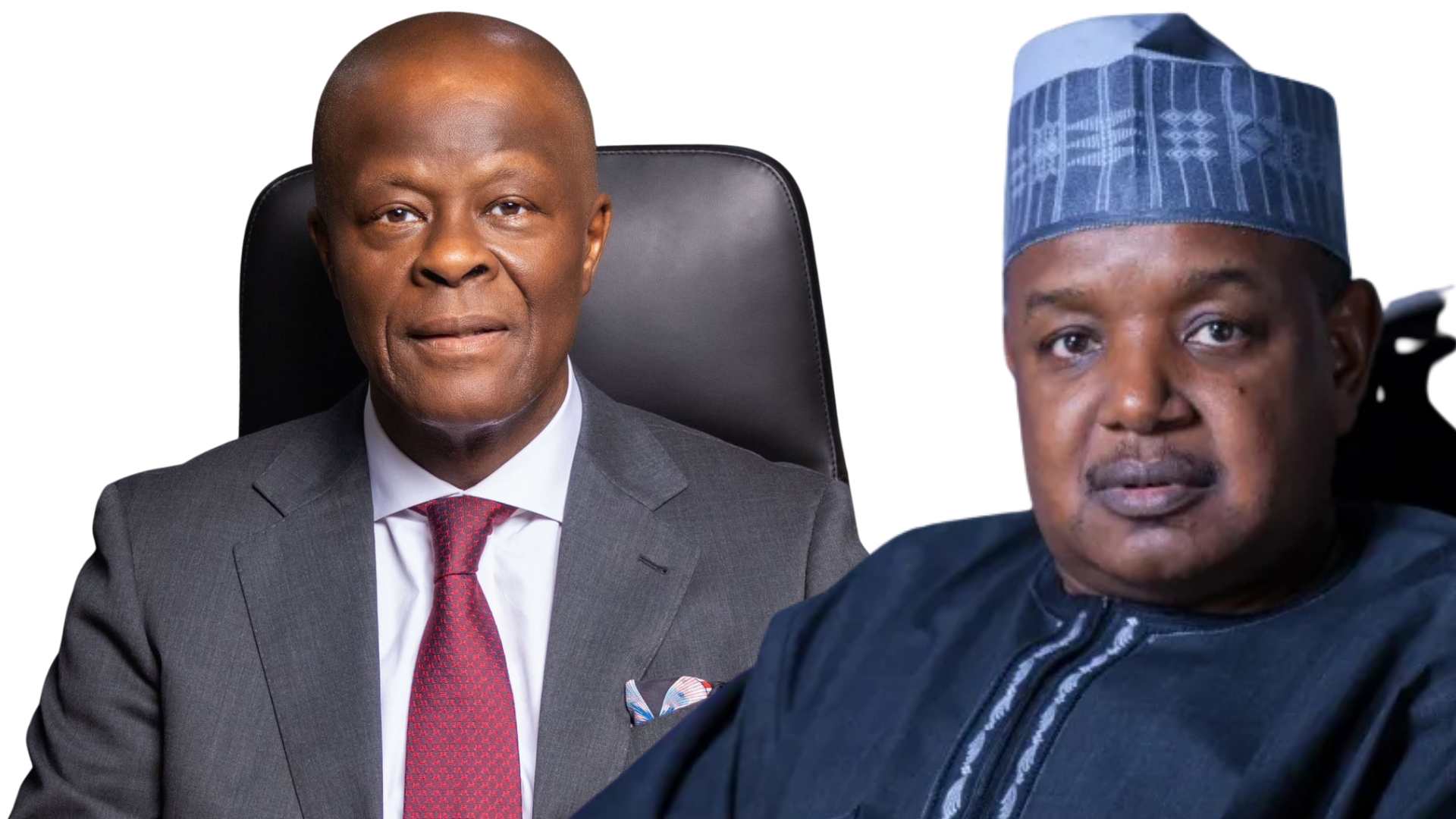The recent removal of about 13 million accounts was in order, writes SONNY ARAGBA-AKPORE
The deactivation of over 13 million social media accounts of Nigerians by government recently was received with knocks and cheers by the public.
Was it a wrong move? For a better understanding of the scenerio that led to the delisting, let us situate it properly.
Was the government empowered by law? The answer is yes.Was there enough ground for delisting? A yes is appropriate. Were the people notified of government intentions? The answer is a yes also.
So what went wrong.?
In 2024, Facebook, Instagram and others took similar actions by deleting millions of social media accounts on the ground that such users had violated the rules for the platforms.
Same last year, the Federal Competition and Consumer Protection Commission (FCCPC) imposed a fine of $220m on Meta Group for infractions and violation of competition rules.
Meta went to court and lost.
So when the government in its wisdom decided to deactivate social media accounts of those violating ground rules, it was believed to have been done in good fate. The delisted accounts allegedly violated code of practice on offensive content.
The government’s action is contained in a ‘Code of Practice 2024 Compliance Report’ submitted by promoters of interactive computer service platforms such as Google, Microsoft and TikTok, among others.
The accounts shut down were on Facebook, Instagram ,Tik Tok and X(Twitter) for violating the code. Hadiza Umar, Nigeria Information Technology Development Agency (NITDA) Director of Corporate Communications and Media Relations , said in a statement last week that 58,909,112 offensive contents were taken down from various platforms but commended Google, Microsoft, and TikTok for complying with the code of practice for interactive computer service platforms.
Umar said that the offensive contents were taken down from various platforms for violating the code of practice for interactive computer service platforms. This Code of Practice was issued jointly by the Nigerian Communications Commission (NCC), the National Information Technology Development Agency (NITDA), and the National Broadcasting Commission (NBC). “The compliance reports provide valuable insights into the platforms’ efforts to address user safety concerns in line with the code of practice and the platforms’ community guidelines.”
There were 754,629 complaints registered across the platforms, while 420,439 pieces of content were taken down and re-uploaded following user appeals.
“The submission of these reports marks a significant step towards fostering a safer and responsible digital environment for Nigerian users.
“It also demonstrates the platforms’ commitment to ensuring a secure and trustworthy online environment for all.
“This achievement reflects the provisions of the code of practice, which mandates that large service platforms are registered in Nigeria and comply with relevant laws, including the fulfilment of their tax obligation, while reinforcing the commitment to online safety for Nigerians.
“While NITDA acknowledges these commendable efforts, we emphasise that building a safer digital space requires sustained collaboration and engagement among all stakeholders.
“We remain committed to working with industry players, civil society, and regulatory partners to further strengthen user safety measures, enhance digital literacy, and promote trust and transparency in Nigeria’s digital ecosystem,” Umar emphasized.
In July 2024,the FCCPC in collaboration with the Nigeria Data Protection Commission (NDPC)imposed a whopping $220m fine on Meta Group,owners of Facebook, Instagram and WhatsApp. Its offence was violation of data privacy of individuals and corporate customers.
Then analysts saw this as killing a fly with a sledge hammer. Earlier, Meta Platforms had justified the encroachment of privacy when it delisted and deactivated 63,000 Facebook and Instagram accounts allegedly being used by certain category of subscribers for scam activities including sextortion and what is commonly referred to as”yahoo” in Nigeria, thus starting a battle that will linger and consume the beleaguered consumers.
In imposing the $220m fine , FCCPC in a statement signed by its then acting Executive Chairman, Adamu Abdullahi, said that Meta had denied Nigerian users control over their data, shared data without consent, and abused its market dominance.
It said, “The final order also imposed a monetary penalty of $220,000,000.00 (at prevailing exchange rate where applicable) which penalty was in accordance with the FCCPA 2018, and the Federal Competition and Consumer Protection (Administrative Penalties) Regulations 2020.”
The FCCPC noted that this decision was reached after a joint investigation by it and the NDPC, which lasted for 38 months (May 2021 to December 2023). The investigation examined Meta’s conduct, privacy policies, and operations.
But a WhatsApp spokesperson said this decision will be appealed. “We disagree with both this decision and the fine and will appeal,” the spokesperson said. The Group appealed the government’s decision and lost.
On April 25,2025 the Competition and Consumer Protection Tribunal (CCPT) upheld the $220 million fine imposed on Meta Platforms Inc., the parent company of Facebook and WhatsApp LLC, by the FCCPC for engaging in discriminatory and exploitative practices against Nigerian consumers.
Delivering judgment in Abuja, the three-member tribunal panel led by Hon. Thomas Okosun ruled that the FCCPC acted lawfully and within its constitutional powers. The panel also awarded the Commission $35,000 to cover the cost of its 38-month-long investigation, which began in 2021 in partnership with the Nigeria Data Protection Commission (NDPC).
The case was based on alleged breaches in Meta and WhatsApp’s privacy practices, data handling policies, and consumer engagement standards, which the FCCPC considered non-compliant with Nigerian law. The tech giants had appealed the FCCPC’s Final Order issued in July 2024, which found them liable for anti-competitive conduct and unfair business practices.
But NITDA,s deactivation of over 13 million social media accounts is predicated on the rules of engagement.
Part II, Section 10 of the Code mandates that a compliance report is submitted by Large Service
Platforms (LSP) to NITDA. The rationale behind the yearly compliance report is significant, as it plays a crucial role in cultivating a safer and more accountable digital environment in Nigeria.
By requiring LSP to submit compliance reports, the Code aims to ensure transparency, increased accountability, and enforce adherence to regulatory standards, thereby bolstering user safety and fostering a reliable cyberspace.
The Code sets various compliance requirements for Platforms to meet, aligning with the broader
objectives of safeguarding user interests and combatting online harms. These compliance
requirements amongst others include account deactivations.
Aragba-Akpore is a member of THISDAY Editorial Board
The post DEACTIVATING SOCIAL MEDIA ACCOUNTS appeared first on THISDAYLIVE.







